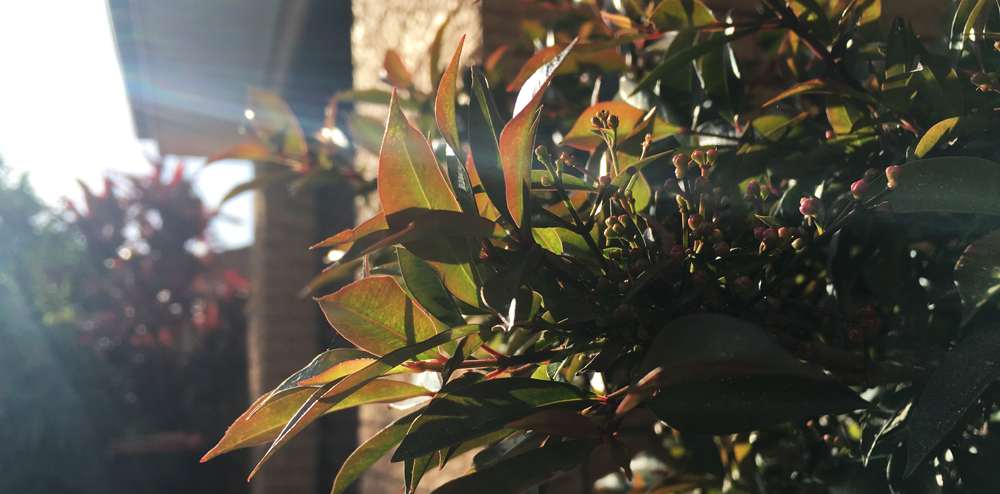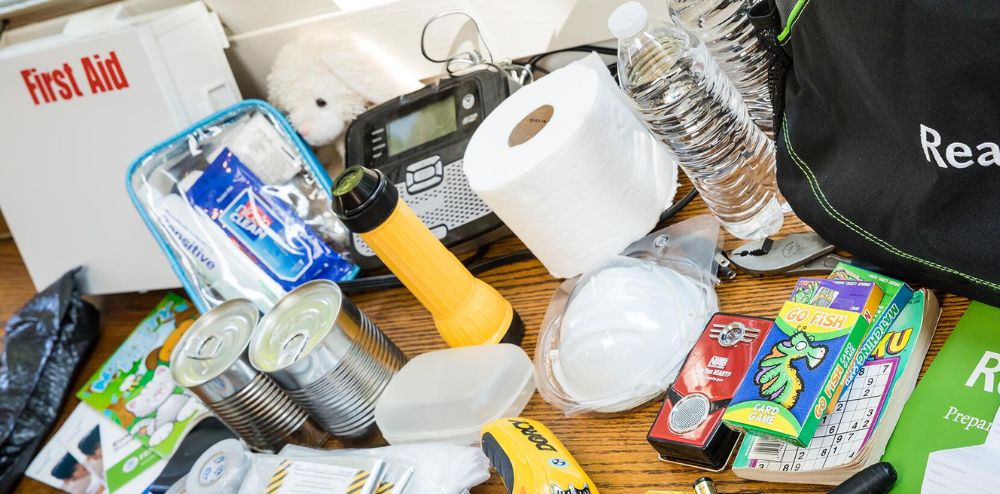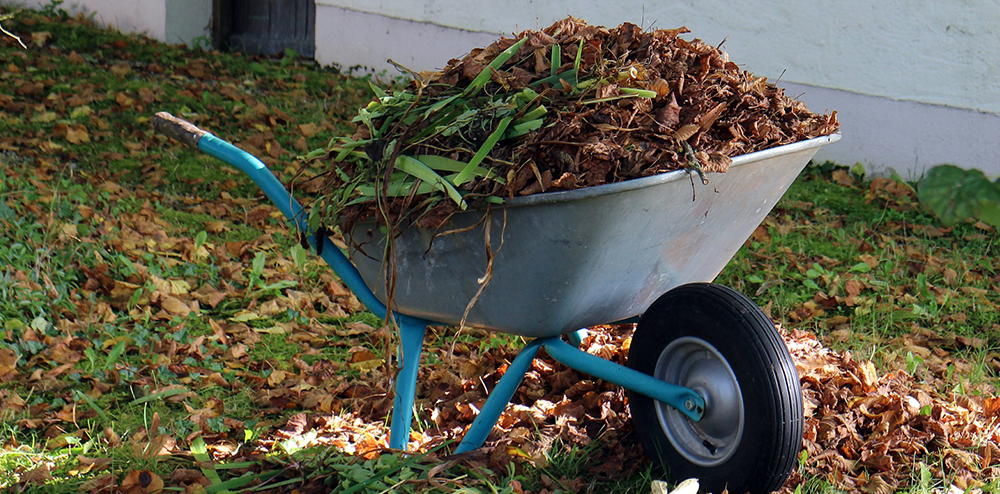Fast five: Get ready for bushfire and storm season
While plenty of good stuff happens over the summer, it is also a time where Wollongong is at a greater risk of bushfires and severe storms. Bushfires are at a heightened risk this year with the Bureau of Meteorology declaring an El Niño event will bring higher than average temperatures coupled with reduced rainfall this summer.
There are some simple things you can do before an emergency to help protect yourself, your family and your home. Here are five ways to prepare for storm and bushfire season:
Clear your gutters and drainpipes
Clearing your gutters, downpipes and drains regularly will reduce the risk of blockages where stormwater can overflow under the eaves into the roof cavity. Gutters full of debris are also a source of fuel for fires and windborne embers.
Garden debris can be placed in your green bin for kerbside collection or brought to our free garden organics drop-offs in Berkeley (12 November), Helensburgh (19 November) and Corrimal (26 November).
Trim trees and branches in your yard
Maintaining your yard and garden is a great way to protect against fire and storm damage. Unkept or overhanging trees and shrubs could fall and damage your property or help a fire to spread.
You may need Council’s permission to prune or remove trees on your property, so please start by checking the Trees on Your Property information.
Leaves, branches and grass clippings can all be placed in your green bin for kerbside collection or brought to our free garden organics drop-offs in Berkeley (12 November), Helensburgh (19 November) and Corrimal (26 November).

Check your fire alarm
According to Fire and Rescue NSW, the risk of a fatality in a home fire is halved if there is a working smoke alarm in a residential dwelling. It's the law to have at least one working smoke alarm installed on every level of your home.
It’s important to maintain your smoke alarms by testing, dusting and replacing the batteries regularly. For help, see this handy guide.
Fire and Rescue NSW also offer free safety visits where they will check your smoke alarms and offer personalised fire safety advice. This service is especially aimed at people over the age of 65; those who live alone; people with limited mobility, hearing impairments or vision impairments; residents who are supported by carers; and anyone with English as a second language. Book a visit here.
Make an emergency plan
Make a home emergency plan for your family that outlines what you would do in an emergency. That means considering where you’ll go and how you’ll get in contact with each other along with any special circumstances or considerations for your household.
Remember that storms and other emergencies can happen at any time of day so think about where members of your household may be (school, work, commuting), how you’ll get in touch with them and where you can meet up.
Try to identify how you will manage in these circumstances and who you may be able to get additional support from. Then, make sure that everyone knows what the plan is.

Prepare an emergency kit
An emergency kit can help save precious time in an emergency situation. It provides items you might need if you lose power or need to leave your home in a hurry.
There are kit checklists on the NSW SES and Australian Red Cross websites.
Further resources:
Want more Council news?
Visit our News page to find out what's happening in your community, or sign up for e-news.

